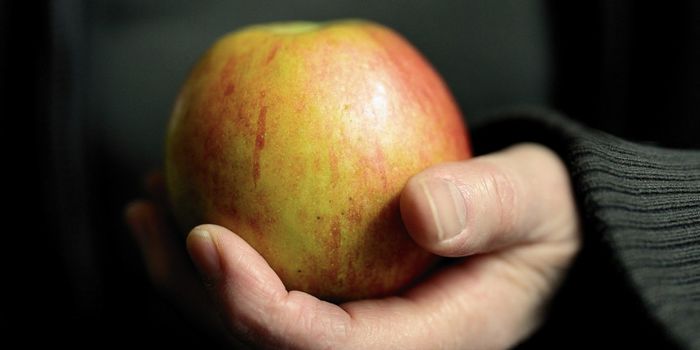Repetition Suppression using fMRI in Trademark Dispute Cases
Judges and juries in trademark cases have differing views about the degree of similarity of brands in some trademark infringement cases, resulting in inconsistencies in the application of trademark infringement law. A recent paper published in the journal Science Advances examined how using functional magnetic resonance imaging (fMRI) brain scans and a specialized technique called repetition suppression (RS) can reduce inconsistencies in legal definitions.
According to the law, the standard is whether a “reasonable person” would find two trademarks similar, but it does not define similarity. The study’s goal was to determine the effectiveness of RS in reducing inconsistencies since similarity is difficult to define objectively. Often two opposing parties in the adversarial legal system hire their own attorneys and expert witnesses to present their own evidence. Lead author and University of Virginia’s Darden School of Business professor Dr. Xhihao Zhang explained, "Asking the brain, not a person, could reduce—if not eliminate—these inconsistencies." This would mean consistency in how background information is given to survey respondents, how the questions are phrased, and what criteria of ‘similarity’ should be followed.
The researchers put participants in fMRI scanners and quickly showed them pairs of images. The images consisted of the main brand and a supposed copycat brand. Previous research has consistently shown that the brain suppresses activity when presented with an image similar to the previous image. The researchers gauged how similar a person found two images by measuring the amount of repetition suppression (RS) in brain activity for the second image.
When the research team checked the neuroimaging results against survey results categorized as pro-plaintiff, pro-defendant, or neutral, they discovered the brain-based measure could reliably pick out the more neutral survey results. This finding supports the idea that fMRI brain scans can improve the quality of legal evidence.
Brain scans can be used to “spot check” to survey evidence in order to provide the judge or jury with more accurate results. The findings have broader legal applications involving people’s mental reactions, such as determining copyright infringement in music cases or determining how a “reasonable person” would judge obscenity or negligence.
Sources: Berkeley Haas, Eureka News Alert, Science Advances








